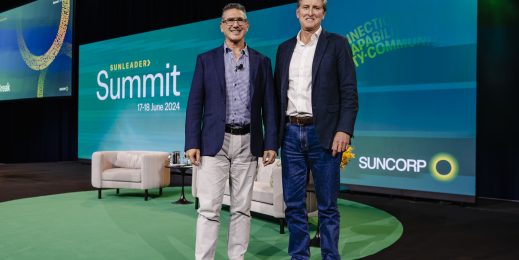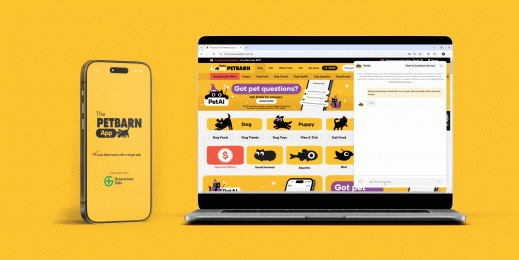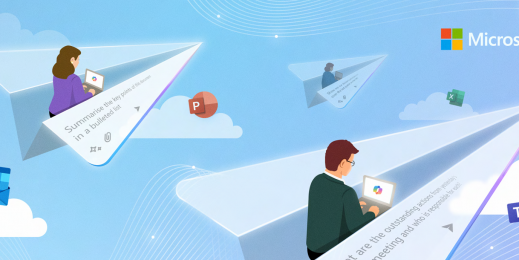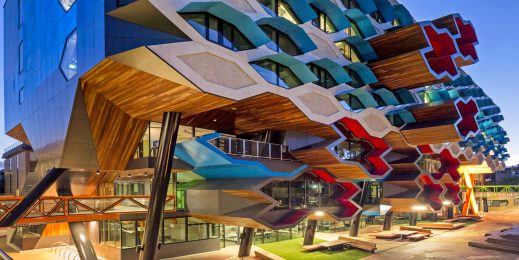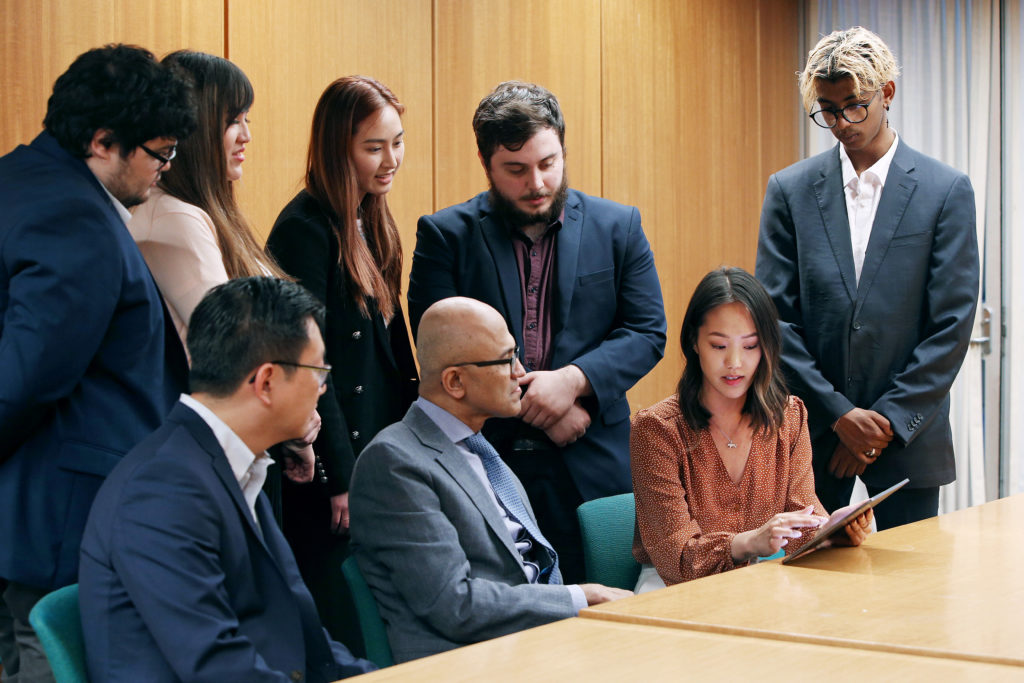
Diversity delivers an app for the people, by the people
Geoffrey Frost spent his childhood in care; he lived in multiple group homes from soon after birth until he turned 18.
It’s a childhood that forged a unique perspective. Frost’s years in group homes means he knows people living on the streets in Liverpool, south west of Sydney. He knows what it’s like to have to move from place to place so frequently that you lose track of your birth certificate and other important documents.
It’s that diversity of lived experience that delivers a unique understanding and empathy to Frost’s work as a trainee working at Microsoft Australia. He’s been able to bring it all to bear in the creation of an app designed to streamline the delivery of support services to homeless people living on the street.
Frost, a proud Aboriginal man with family ties to the Wiradjuri nation, played a central role in the project team that developed the app in just eight weeks.
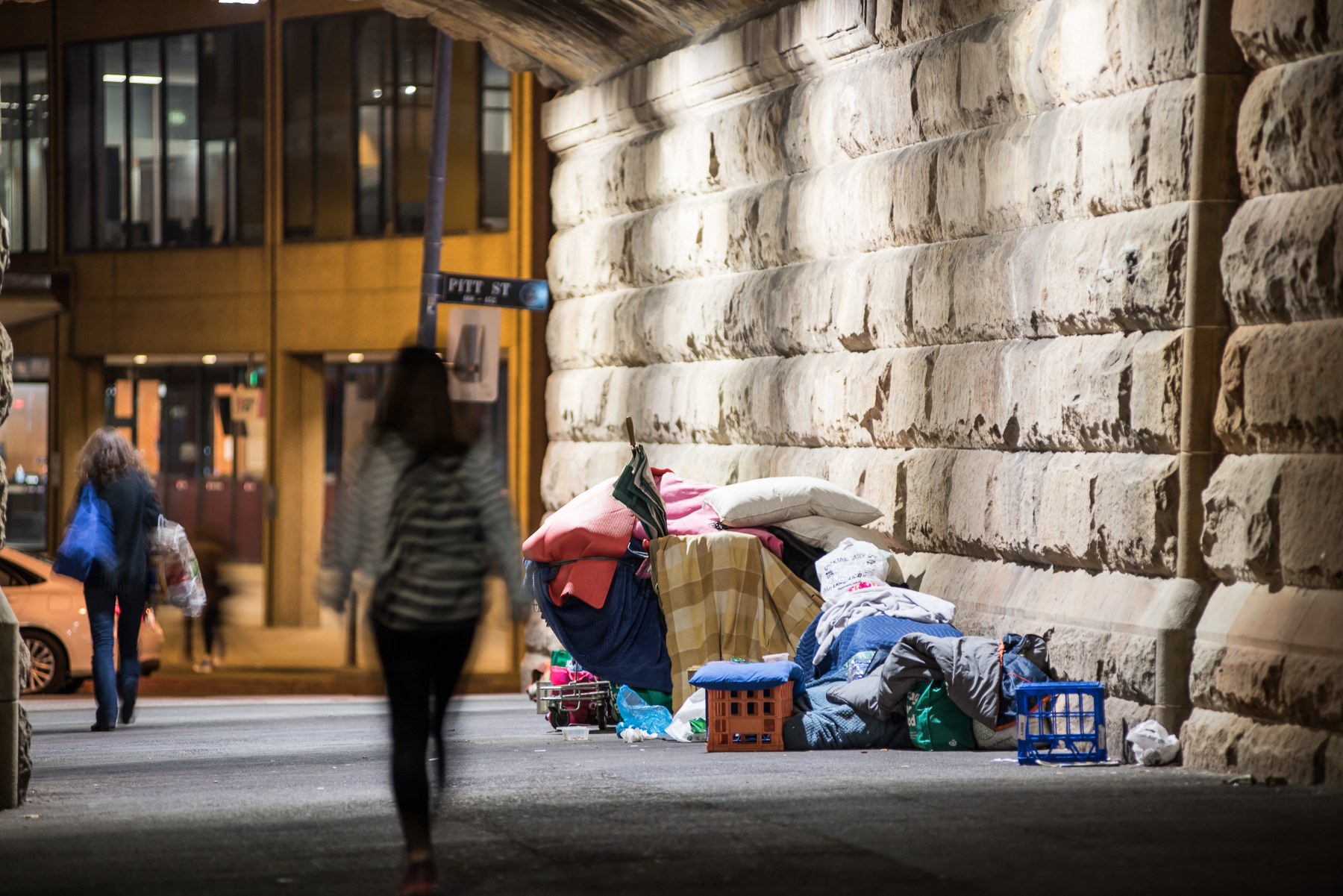
A vision to end street sleeping
Every day across NSW, thousands of people experience homelessness; the most at risk are people sleeping on the streets. The Act to End Street Sleeping Collaboration brings together Government, the sector’s leading NGOs and the Institute of Global Homelessness with the shared vision of ending street sleeping.
The NSW Government has a target to halve the number of people sleeping on the streets across NSW by 2025 and will work toward ending street sleeping altogether by 2030.
In partnership with the Act to End Street Sleeping Collaboration, Microsoft has developed an online platform using PowerApps to support homelessness services to survey people sleeping rough and quickly connect them to relevant services.
Before working at Microsoft, Geoffrey Frost had a number of jobs – including patisserie chef – before uncovering a passion and aptitude for technology. He was one of the 38 people accepted into the first cohort of the Microsoft Traineeship Program in February 2019.
The two-year program (since extended across four states with a total of 80 trainees) combines paid on-the-job experience with study for a Certificate IV in information technology from TAFE.
Five of the trainees from that initial cohort – Frost along with Christopher Kapnopulos, Sarah Pak, Alyssea Nicole and JJ Vasudevan – are undertaking their work experience at Microsoft itself. Sitting within the Digital Sales team, they have worked together to develop PowerApps that solve a business need for both internal employees and external customer audiences, including this homelessness app.
Using the methodology of the Institute of Global Homelessness which relies on a central By-Name List (BNL), the app has been designed to help identify individuals, and ensures they don’t have to continually repeat their stories to different agencies or service providers.
According to Frost; “The most important factor about the by-name list, is that exactly like a birth certificate, you’ve got one form of ID which can be used in 50 different forms all around Australia.”
It’s a critical issue for people who might move around a lot, and perhaps lose documents like a birth certificate. Frost says; “I had to get mine numerous times. If they had all of that information in one central spot, you wouldn’t have to worry about losing it because it would always be there digitally, which then you could just share that access to whatever agency you wanted help with.”
The PowerApps solution allows volunteers to collect data from an individual using a smartphone app, which can be made accessible to service providers in near real time. In the past when people had to manually fill out forms the process could take three quarters of an hour – the app cuts that down to 15 minutes.
When it came to designing the app Frost shared with the team his insights around the challenges that street sleepers face; “Whether they could read things, whether it was written in the right way, whether it was written in a way that could be understandable by anybody.”
It had to be; “An application for people made by people.”
The team worked in agile sprints, clocking up some late nights to get the app finished in eight weeks and in time to be trialled during Connections Week. Between them they tackled the technical functions, usability, documentation and training with extra support from Microsoft Power BI experts who helped with reporting requirements.
The app now being trialled collects identifying information, insights about physical and mental health, and records any links people on the streets might have to different service providers already. Data collected is encrypted and can only be accessed by properly authorised caseworkers.
There are now plans to inject artificial intelligence into the solution that will be able to get the right support to the right people when and where it’s needed most. Frost explains; “If you’re already homeless and have a bunch of medical factors or health factors … they can see that you’re a high risk and then they can prioritise connecting you to the different health services.”
An app truly for the people, by the people.






